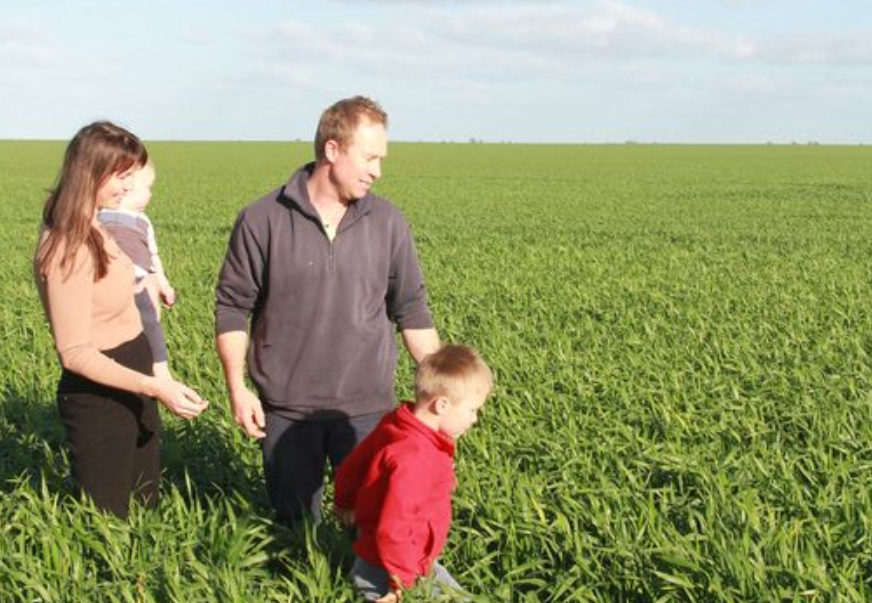Plunging birth rates make affordable early childhood education and care (ECEC) an urgent economic imperative. Parenting and early learning advocates say that a more affordable and accessible early childhood education and care system would ease parents’ financial concerns about having children and help to boost the economy.

The message comes as data from KPMG, released today, shows that in 2023, Australia experienced its biggest “baby recession” since the 1970s, with 4.6 per cent fewer births than the previous year.
It follows comments made by Treasurer Chalmers earlier this year, encouraging parents to ‘have more babies’, for the benefit of Australia’s economy.
CEO of The Parenthood, Georgie Dent, said that the high cost and inaccessibility of early childhood education and care services are a key deterrent for parents to have as many children as they’d like to.
“The need for a universally accessible and affordable early learning system in Australia has never been more apparent,” said Ms Dent.
“Parents are economically and emotionally struggling because having children has become so expensive. The cost of childcare is a huge contributor to this, with the cost after subsidy often outpricing their mortgage.”
Ms Dent said that parents and prospective parents need more government support to help them navigate the growing cost of parenting in a cost-of-living crisis.
“The lack of access to childcare across Australia also has a financial burden, as parents – usually mothers – are forced to work less as they can’t find care close enough to home.
“Sometimes, they’re out of work for years at a time, putting a huge stall on their career and earning progression. In today’s economy, can you really blame them for not jumping into having more kids?”
The Minderoo Foundations’ Thrive by Five campaign is calling on the Federal Government to make the early learning system in Australia universally accessible, like Medicare and primary and secondary education.
Last month, The Centre for Policy Development endorsed such a system, recommending that every child has access to three days of early childhood education and care per week, regardless of their families’ income or postcode.
“Making the transition to such a system is really the only way to remove the financial burden of childcare from parents. If implemented, parents and prospective-parents would have so much more freedom in their choices about growing their family.
Rural and remote survey
The Parenthood is currently working on its second report for the regional, rural and remote access campaign.
This report will highlight the negative impacts that early childhood education and care inaccessibility has on families in the regions.
For over a year now, The Parenthood has been speaking with regional, rural and remote parents, carers, educators and communitiesand it appears their lack of access to care means major financial implications for many families.
Please take this two-question poll to let us know the impact on you? It only takes people 26 seconds on average to complete!


